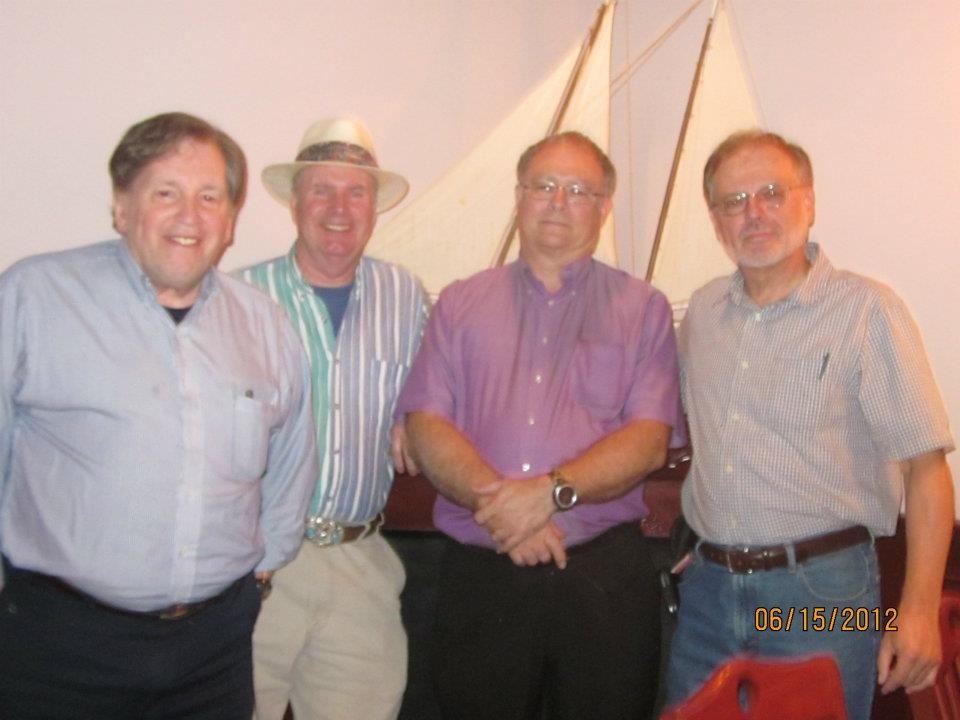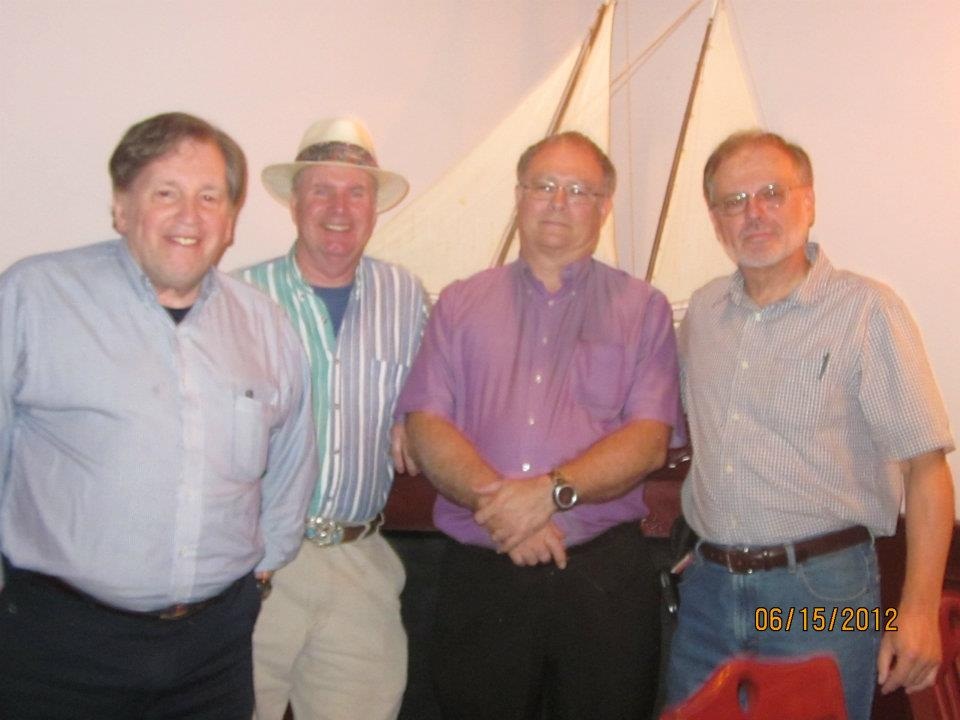
This essay was written by Manus O’Donnell ’72, English, who served as editor of the Retriever Weekly and as a senator in the Student Government Association.
A little over 40 years ago UMBC was embroiled in protests and occupation rumors. The Viet Nam War created a lot of controversy in that period. 8 students were killed by National Guard during the riots at Kent State University in Ohio. Colleges everywhere had spontaneous student rioting. Across the country student bodies were organizing and college administrations were scrambling. UMBC was no exception. An envoy from Rutgers University came to recruit UMBC into the national movement to shut down America’s college campuses in protest of the Viet Nam War.
The UMBC People’s Party had recently formed and was interested in promoting protests against the War and supporting Women’s liberation and in general changing how UMBC operated. The Student Government Association (SGA) officers and the People’s Party were in constant communication during the “riot preparations”. The Administration also wanted to have the SGA play a role in these turbulent times. So, here was the SGA in the middle of an Administration who wanted peace & calm and the People’s Party who wanted to disrupt the campus in order to make their political positions known to all. There were some sit-ins, but they were generally well controlled and peaceful. The UMBC SGA chose not to follow the national trend. Rather, we chose to forge our own path for involvement, yet in a peaceful way. Rioting would be a bad move for our relatively new campus.
Rumors circulated that the National Guard was preparing to use riot gas on the campus. That’s when I first got involved with the SGA. Being new to campus, I looked for a group to join. First, I went to a People’s Party meeting. They seemed too loose and anti-establishment. Then, I went to the SGA meeting where they were discussing what students should do if the campus is gassed. Being fresh out of the military, I was the only one who had experience with riot gas. They were anxious to hear what I knew. From then, I was hooked into the student government as Director of Student Activities, Junior Class president, and co-editor & writer for The Retriever.
Bill Soltesz was the Student Government (SGA) President at that time. Bill, along with Sal Maggio, Mike Runge, Mike Brushe and Manus O’Donnell were in meetings daily with Chancellor Albin O. Kuhn and Homer Schamp. Our common goal was to keep UMBC peaceful, yet active in the student movement. We also had emergency meetings with the Faculty Senate to discuss our options as a University Community.
The SGA, led by Bill Soltesz, was instrumental in being the mediator between the administration and the protestors. There were many rumors of unrest coming to UMBC. One rumor stemmed from the “Catonsville 9” who, led by the Berrigan Brothers who were Jesuit priests opposed to inhumanity of war. The “9” spilled blood over Selective Service (draft) records in the Catonsville draft office. Back then, men were recruited into the service by lottery, meaning, if you did not have an exemption, you would be drafted into the Military Service. No questions asked, you go! There were some “draft dodgers” who went to Canada to avoid the draft.
So what happened, you’re asking by now. The SGA asked Dr. Kuhn to convene an emergency meeting of the Faculty Senate to deal with the question of how to end the school year. Many students, inspired by the People’s Party, clamored for the school to shut down. No more school that year. The SGA officers took the position that it would not benefit all students to do that. Some students wanted to take finals so they could pull their grade up (have you been there?). Other students didn’t want finals to pull their grades down.
The Faculty Senate, at the urging of the SGA, came up with a compromise. This compromise settled the campus down. No more riots were imminent. The National Guard had no need to occupy the campus. Many campuses across the country were shut down. UMBC, once again, was a leader in “how to run a campus successfully with all parties involved”.
The resolution was to make final exams optional. If you wanted exams, take them; if not, then you get the grade as it stands before the exams. How many students would like to have optional exams today?
UMBC remained open. UMBC was relatively peaceful, involved in current affairs and productive for the student body. More importantly, UMBC acted as a whole community with Students, Faculty and Administration working together for the common good of OUR UMBC.
Tags: Fall 2012

